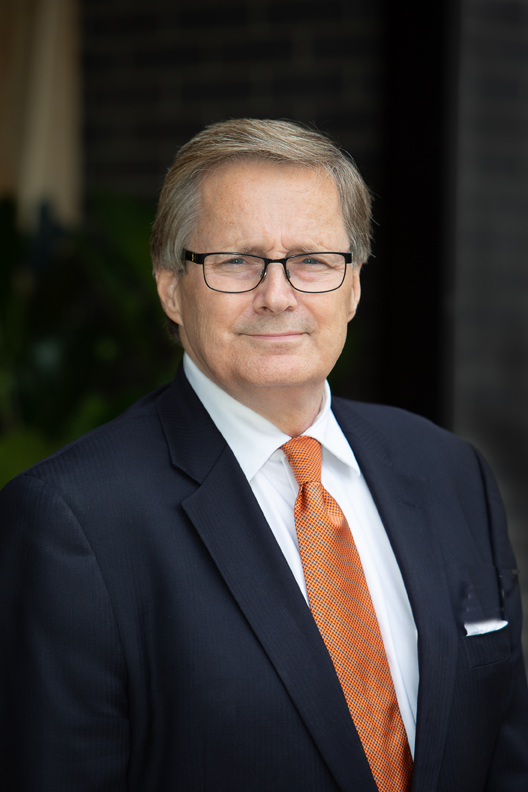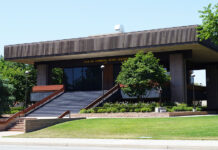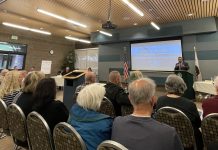The conviction with which the Los Alamitos Unified School District this week voted unanimously to add ethnic studies to its curriculum demonstrates a milestone that deserves more than passing interest.
Just a year ago, a vast contingent of students felt unheard. Apparently, many have for a long time. Awfully long, in fact. In the summer of 2020, however, they demanded to be heard.
Superintendent Dr. Andrew Pulver read some of the letters out loud. The marathon meeting of complaints lasted hours. This was the summer of George Floyd.
The racial reckoning for Los Alamitos had arrived. “Silence is no longer an option,” declared Dr. Pulver and the system went to work.
The many events since then within LAUSD have been well reported. No need to re-hash them here. Nevertheless, this is the time to recognize the significance of what the community has done.
The intersection of unprecedented events created a unique mindset. LAUSD, when presented with a choice, reaching a proverbial fork in the road, where they faced choices of the future or the past, they planted their flag firmly in the future.
The arc of history moves in massive waves. The decision made by the board this week only illustrates a triumph of both the courage to speak and a willingness to listen.
Details are critical, but the larger message of what just happened should not be lost on this community. As our world trends in a certain direction, the Los Alamitos Unified School System must be seamlessly aligned, not only for educational value but LAUSD is the massive driver of the local economy.
Where the school system goes, most trends follow. A small step, maybe, but a huge beacon thabeckons all to collectively share in what we call community.
And, if there is any question whether a move to ethnic studies was warranted, a quick analysis of the 20 people assembled to speak before this week’s vote should provide more than a clue.
In this small group of people signed up to speak during open communication, there were students, parents, grandparents, teachers, students, and former staff. Moreover, they represented many races, nationalities, ages and backgrounds, very representative of the world we live in today.
Sothy Chhe, a parent, is a survivor of the Cambodian Killing Fields. He left at 4 and now has his own children enrolled at Los Al. Gloria Carrasco, another parent, whose family came from Mexico City said she is so proud of what the district has done. “As a woman of color,” Tara Farajian also spoke her truth.
Another parent, Cathery Yeh, was blunt. “What is happening in this room right now is ethnic studies,” she said.
Despite their different backgrounds, motivations, and choices of words, they were all summarily asking the same thing: please recognize everyone. In that one thought alone, need there be any more justification for inclusion?
Students were firm. “I’m excited to see what the future holds,” said Emy Chen. “It is worth the commitment,” said Jackie Bond. “The addition of something so simple as a class in school where the mission is to educate our children, I believe will do nothing but benefit us,” said Kevin Thai. “I think ethnic studies will have value and perspective for our students,” said Ryan Banh.
Then a Los Alamitos High School senior, Iris Chou, said this to the board…“we need to rethink what type of student we want to put out into the world.”
At that moment, if you listened intently, you could almost hear the future.
Fortunately for this community, LAUSD appears to be listening.











